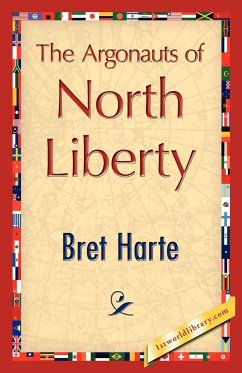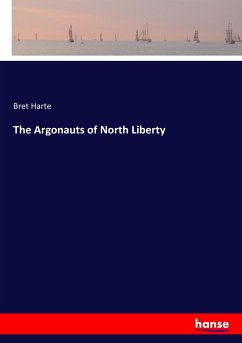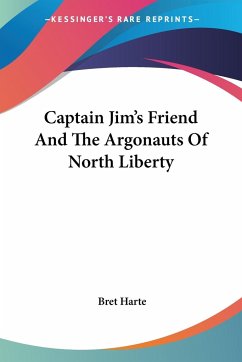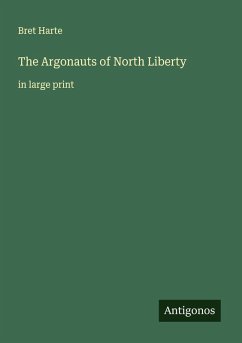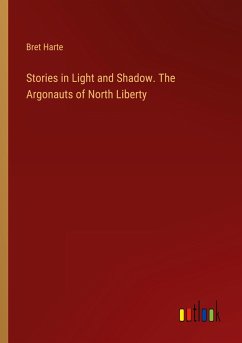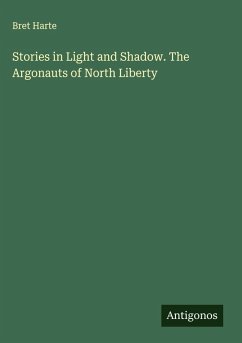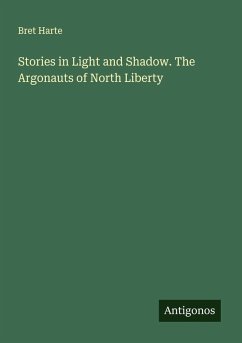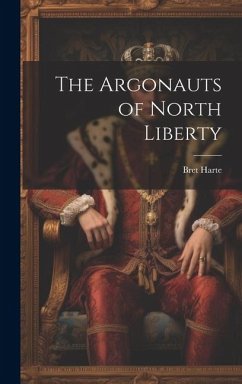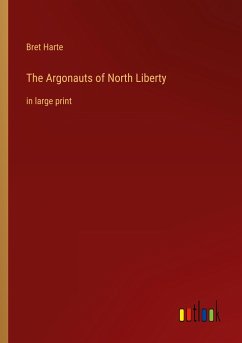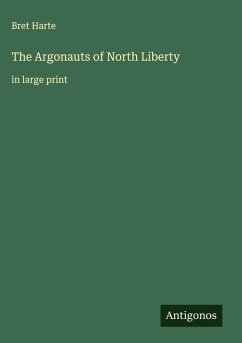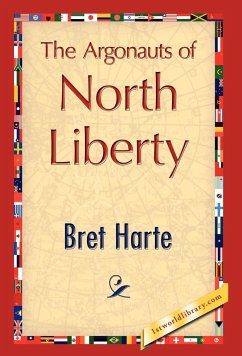
The Argonauts of North Liberty
Versandkostenfrei!
Versandfertig in über 4 Wochen
25,99 €
inkl. MwSt.

PAYBACK Punkte
13 °P sammeln!
The bell of the North Liberty Second Presbyterian Church had just ceased ringing. North Liberty, Connecticut, never on any day a cheerful town, was always bleaker and more cheerless on the seventh, when the Sabbath sun, after vainly trying to coax a smile of reciprocal kindliness from the drawn curtains and half-closed shutters of the austere dwellings and the equally sealed and hard-set churchgoing faces of the people, at last settled down into a blank stare of stony astonishment. On this chilly March evening of the year 1850, that stare had kindled into an offended sunset and an angry night ...
The bell of the North Liberty Second Presbyterian Church had just ceased ringing. North Liberty, Connecticut, never on any day a cheerful town, was always bleaker and more cheerless on the seventh, when the Sabbath sun, after vainly trying to coax a smile of reciprocal kindliness from the drawn curtains and half-closed shutters of the austere dwellings and the equally sealed and hard-set churchgoing faces of the people, at last settled down into a blank stare of stony astonishment. On this chilly March evening of the year 1850, that stare had kindled into an offended sunset and an angry night that furiously spat sleet and hail in the faces of the worshippers, and made them fight their way to the church, step by step, with bent heads and fiercely compres-sed lips, until they seemed to be carrying its forbidding portals at the point of their umbrellas.



